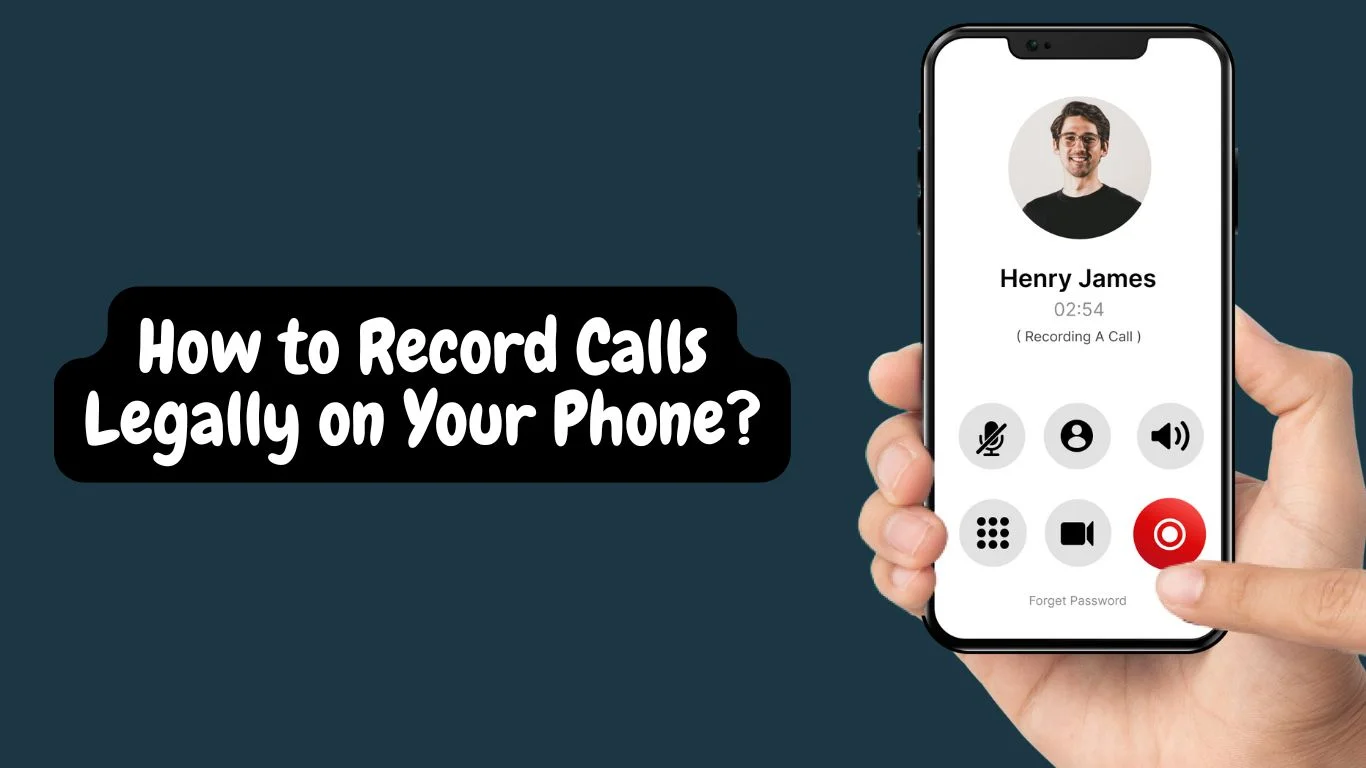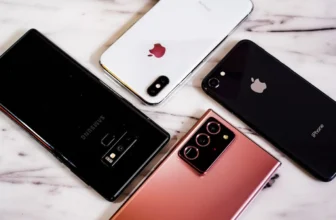
Recording phone calls can be useful for various reasons, such as keeping a record of important conversations, verifying agreements, or for legal and professional purposes. However, recording calls without proper consent can lead to legal consequences depending on where you live. Therefore, it’s important to understand the legal aspects and the steps involved in recording phone calls legally. In this article, we will explore the legality of call recording, how to record calls on your phone, and tips to stay compliant with the law.
Understanding the Legalities of Call Recording
Before diving into the technical aspects of recording calls, it is crucial to understand the legalities surrounding it. In many countries, laws regarding call recording vary based on whether you’re recording a conversation with a person within the same state or across borders.
- One-Party Consent vs. Two-Party Consent:
- One-Party Consent: In some states or countries, only one party (you) needs to consent to the recording. This means that as long as you are part of the conversation, you can record the call without notifying the other person.
- Two-Party Consent: Other regions require both parties in the conversation to be aware of and consent to the recording. This is often referred to as two-party consent, and failure to obtain permission from the other party can result in legal repercussions.
- International Calls: If you’re making international calls, you should also be aware of the laws in the other country. For instance, even if you’re in a one-party consent region, recording a call with someone in a two-party consent region may be illegal.
- Exceptions: Certain types of calls, such as calls with government officials, emergency services, or calls related to certain professions (e.g., legal or medical), may have specific regulations regarding recordings.
- Business Calls: In many professional environments, companies may record calls for quality assurance, training, or compliance reasons. However, even in these cases, employees must be informed and consent to the recording beforehand.
Read More About: How to Reset Your Phone Without Losing Data
How to Legally Record Calls on Your Phone
Now that you understand the legal aspects, let’s dive into the practical steps to legally record calls on your phone.
1. Check Your Local Laws
Before recording any phone call, ensure you are complying with local and international laws. For one-party consent regions, you may proceed without notifying the other person. However, if you live in a two-party consent region, you must inform the other person about the recording and obtain their consent.
2. Use Built-In Features or Apps
Most smartphones come with built-in features or third-party apps that allow you to record calls. Here’s how to use them:
- For Android:
- Built-in Recorder (Varies by Phone Model): Some Android devices, such as Google Pixel and Samsung Galaxy, have a built-in call recording feature. You can find this option in the call settings or during the call itself.
- Third-Party Apps: If your Android phone doesn’t have a built-in feature, you can use apps like ACR Call Recorder, Cube Call Recorder, or Truecaller to record calls. Be sure to check if the app complies with the local laws in your country or state.
- For iPhone:
- Third-Party Apps: Apple does not have a built-in call recording feature for iPhones due to privacy concerns, but third-party apps like Rev Call Recorder, TapeACall, and Call Recorder – IntCall are available in the App Store. These apps often require you to dial a recording service before starting the call.
- Using Voicemail: Another method on iPhones is to merge the call with your voicemail system, which allows you to record the conversation indirectly.
3. Inform the Other Party
If you are in a two-party consent region, the law requires that you inform the other person on the line that the call is being recorded. Depending on the region, you can either get verbal consent during the call or notify the person at the beginning of the conversation.
Here’s an example of how you can ask for consent:
- “I’m recording this call for [reason], is that okay with you?”
Once you receive confirmation, you can proceed with recording the conversation.
4. Use a Legal Disclaimer
For business or professional calls, you may want to use a legal disclaimer at the beginning of the conversation. Many companies implement a recorded message that states, “This call may be recorded for training and quality assurance purposes.” This serves as both an introduction and a notification of the recording.
5. Store and Protect the Recordings
After recording a call, it’s important to store the audio files securely. Ensure that they are encrypted or stored in a protected area of your device to prevent unauthorized access. Depending on the type of conversation, you may want to keep these recordings for future reference.
If you’re recording for business or legal purposes, make sure to organize and back up the files so that they are easily accessible when needed.
Tips to Stay Compliant with the Law
- Always Ask for Permission: If you’re unsure about the legalities of recording a particular call, it’s better to ask for permission. This is especially important for personal calls or conversations that may involve sensitive information.
- Avoid Recording Unsolicited Calls: Never record calls from telemarketers or unsolicited sales calls without informing them, as many countries have specific rules around marketing calls.
- Be Transparent: Transparency is key when recording calls. Always let the other person know that you are recording the conversation, especially in professional settings.
Read More About: Phones with the Best Battery Life in 2025
Conclusion
Recording phone calls can be a useful tool for personal, legal, or business reasons. However, it’s vital to follow the legal requirements in your region to avoid any legal issues. Always check your local laws, inform the other party if necessary, and choose the appropriate method for recording. By following these steps, you can ensure that your phone call recordings are both legal and secure. Whether you’re documenting important conversations or improving your business operations, knowing how to record calls properly will make all the difference.
FAQ’s
The legality of recording calls depends on your location. Some regions require one-party consent, while others need two-party consent.
You can use built-in features (if available) or third-party apps like ACR Call Recorder or Cube Call Recorder.
iPhones don’t have a built-in call recording feature, but you can use third-party apps like Rev Call Recorder or TapeACall.
Yes, in two-party consent regions, you must inform the other party and get their consent before recording the call.
Yes, but make sure to comply with local laws. In many regions, businesses must inform employees or clients that the call is recorded.





